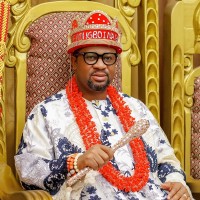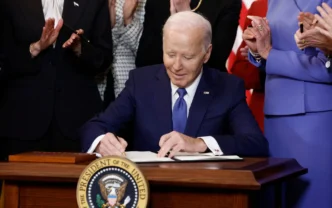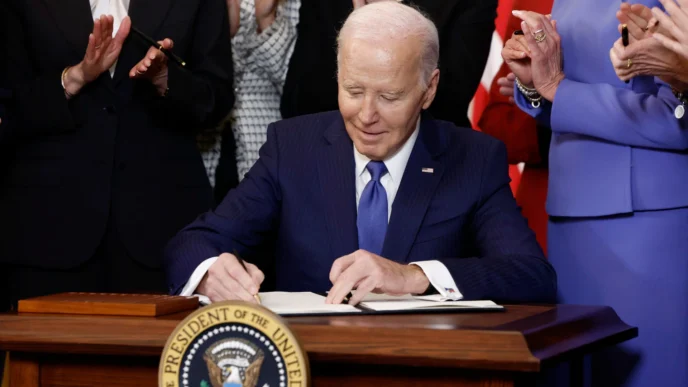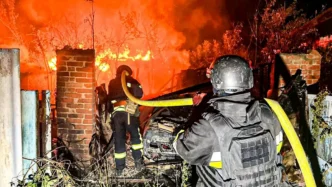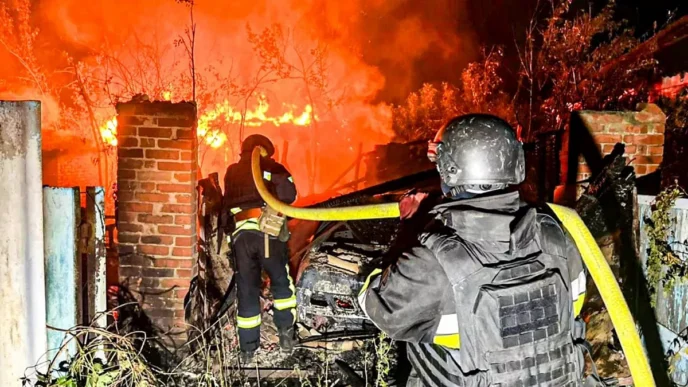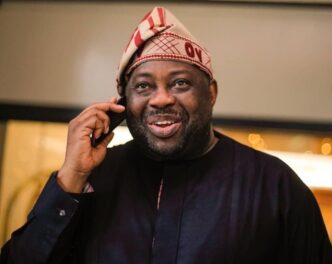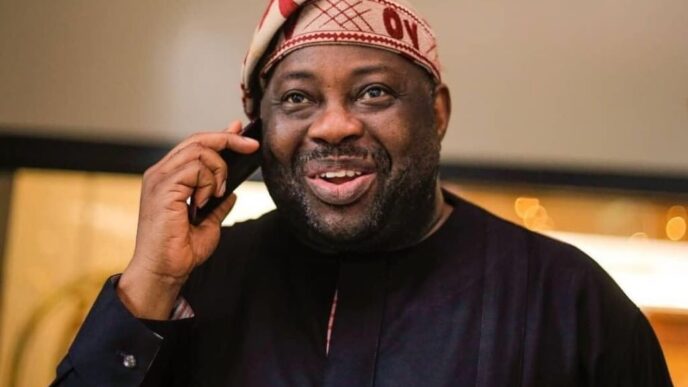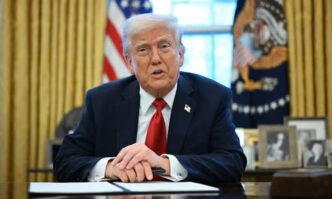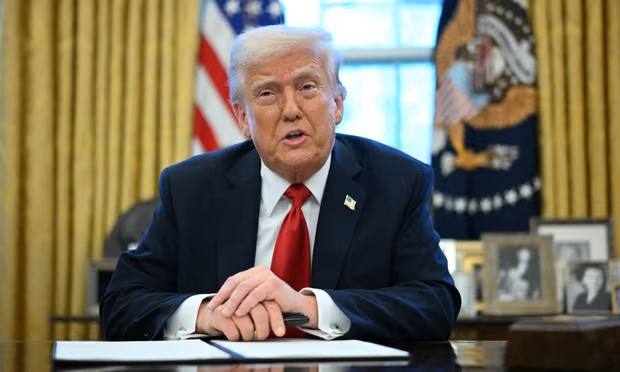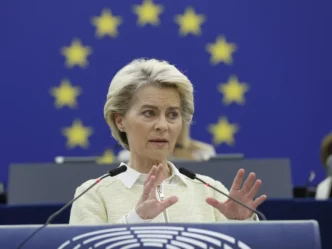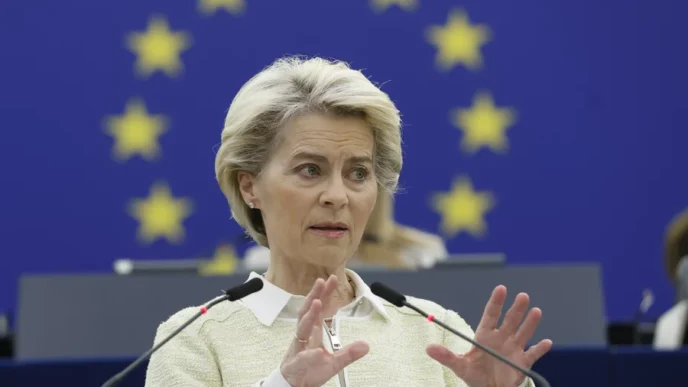Widespread protests have erupted in parts of Ghana following the installation of a Nigerian traditional leader, Eze Chukwudi Ihenetu, as Eze Ndi Igbo Ghana — the symbolic King of the Igbo people living in Ghana.
The incident, which took place in Accra, has drawn sharp criticism from youth groups and cultural stakeholders.
Protesters argue that the presence of a foreign monarch undermines Ghana’s cultural integrity and could potentially erode the authority of its traditional institutions.
Carrying signs that read “No Foreign Thrones in Ghana” and “Honour Our Heritage,” demonstrators gathered in Accra and the Eastern Region to express discontent.
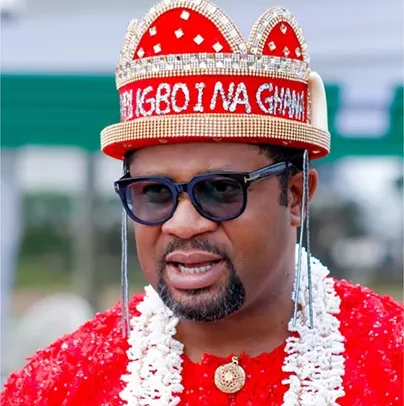
Meanwhile, the online community joined the outrage after photos of Eze Ihenetu’s grand palace surfaced, showcasing emblems and designs that sparked further cultural debate.
Moreover, the outcry intensified after a viral video showed Ghanaian broadcaster Captain Smart kneeling before the Igbo leader during a public ceremony.
The act was widely criticized, fueling accusations that Ghana’s cultural traditions were being disrespected.
While the title Eze Ndi Igbo is commonly used within Igbo communities abroad as a symbolic and cultural role, many Ghanaians fear that such installations could create parallel leadership systems.
According to Daily Post, the role has long existed within Nigerian diaspora communities in countries such as South Africa, the UK, and the US.
However, the pushback in Ghana has been particularly strong.
Some critics claim that the Igbo leader is allegedly planning to establish a 50-acre “Igbo kingdom” in Old Ningo.
Although no official documents have been presented to confirm land acquisition, the rumor alone has stirred tensions among local residents.
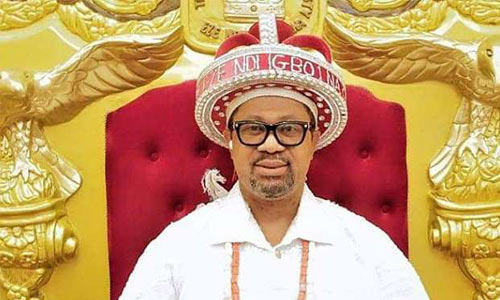
In response to growing concerns, some citizens are now urging Ghana’s Ministry of Chieftaincy and Religious Affairs to clarify whether the laws allow for foreign nationals to hold royal titles within Ghanaian borders.
Eze Chukwudi Ihenetu, however, has insisted that his role poses no threat to Ghana’s sovereignty.
In a public statement, he explained:
“The throne of the Diasporan Igbo in Ghana is meant to protect, defend and project the Igbo people and Nigerians as a whole. We have no political authority or territorial ambitions in Ghana. This is purely cultural.”
Despite his explanation, the backlash has continued, as protesters remain unconvinced of the harmlessness of his position.
Protesters in Accra have vowed to keep raising their voices until government officials offer concrete responses.
